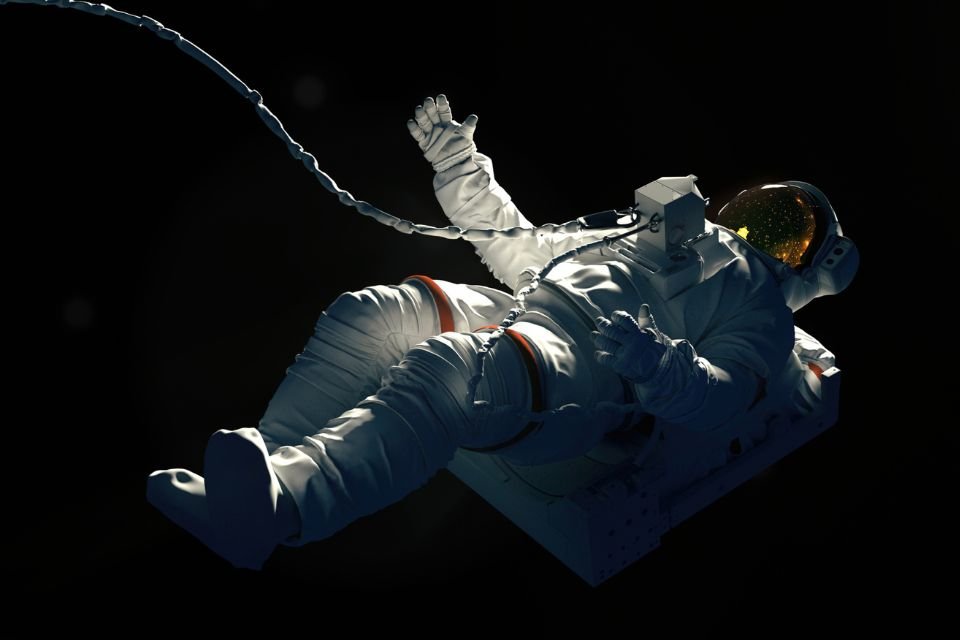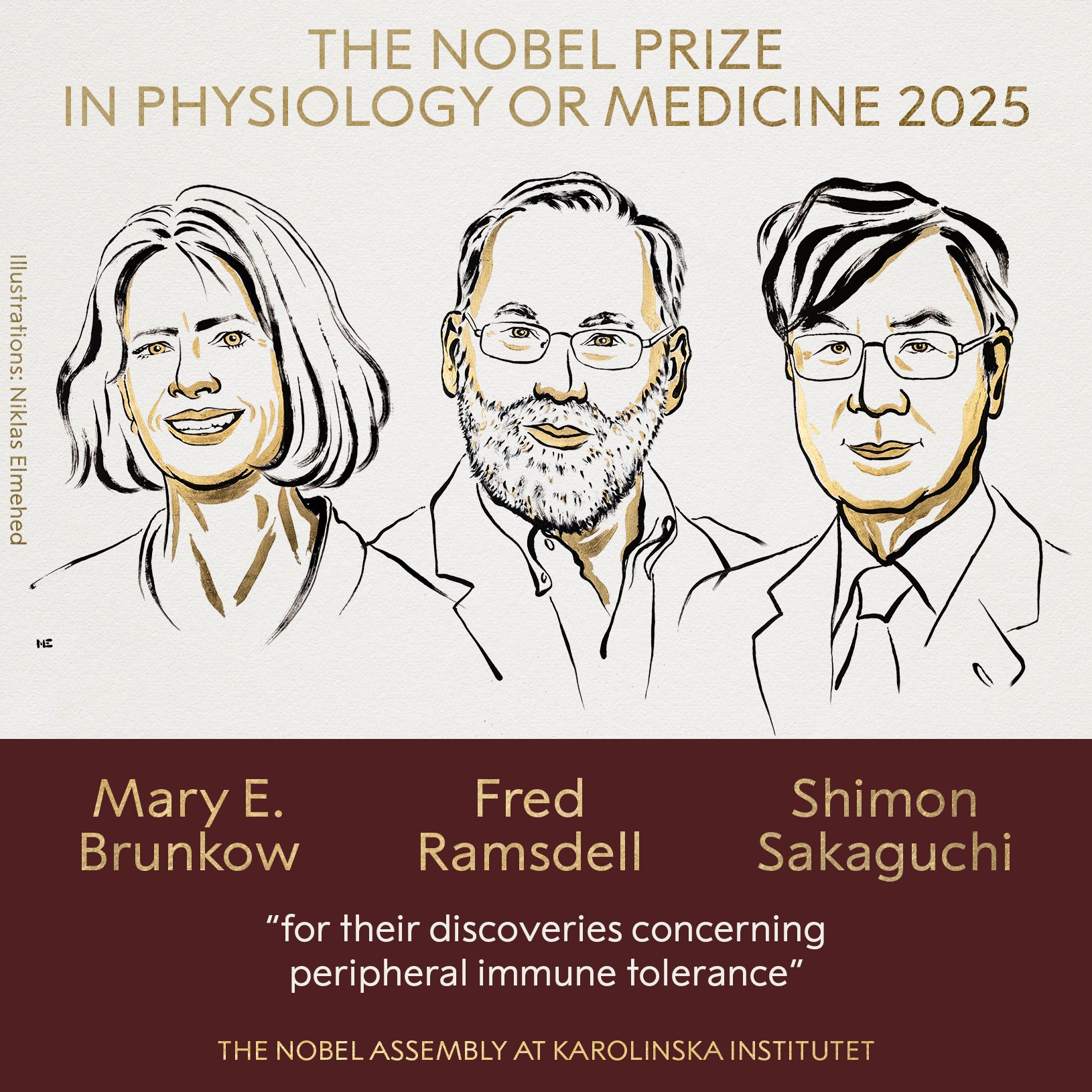Living in space can be a real problem for astronauts, according to a study published in the scientific journal Science Advances. Microgravity significantly affects your immune system.
The research seeks to understand why the human body ‘weakens’ after entering a microgravity environment. It’s no surprise that the health of astronauts is the main concern in planning long-term manned space travel.
As described in a study conducted by the Karolinska Institute in Sweden, Impact of microgravity on astronauts’ immune systems could be significant. As the researchers were unable to test the effects in a real environment in space, they simulated the effect in a dry immersion environment for 21 days; A total of eight people participated in the research.
However, dry immersion was performed in a special setup that did not use water. body completely or partially immersed in a structure filled with small particles such as grains of sand. In this way, the participants experienced the feeling of lightness by simulating the physiological changes that occur in space with astronauts.
“In order for astronauts to carry out safe space missions, we need to understand how their immune systems are affected in order to find ways to counteract harmful changes,” said study leader and principal investigator in the Department of Microbiology, Tumor and Cell Biology. Lisa Westerberg of the Karolinska Institute.
The immune system and space
After the pre-experiment and post-experiment blood samples of the participants were analyzed, researchers found changes in genetic data for T cells, also called T lymphocytes — are responsible for immune functions. After about two weeks in dry water, the changes became more pronounced as the astronauts began to show ‘less mature’ cells.
The study explains that T cells are responsible for reducing the risk of various problems such as cancerous and infected cells. That is, decreased T-cell activity can increase the risk of autoimmune diseases, infections, and other health problems..
Scientists believe that the study will positively affect the safety and health of astronauts on their next manned space flight; Currently, many scientists are trying to solve health ‘problems’ to facilitate long-term space travel.
After 21 days, the scientists realized that the T-cell data had adjusted to space with the same peak difference as seven days ago. However, seven days after returning from the simulated environment, the cells continued to exhibit an altered profile.
“The next steps in deep space exploration are manned missions to the Moon and Mars. For safe space missions for crew members, it is important to understand the impact of spaceflight on the immune system. These data suggest that T cells adapt by rearranging their transcriptomes in response to simulated weightlessness, and their remodeling signals persist when re-exposed to normal gravity.”
Do you have any question? Tell us about our social networks and take the opportunity to share the post with friends you know are interested in these topics.
Source: Tec Mundo
I’m Blaine Morgan, an experienced journalist and writer with over 8 years of experience in the tech industry. My expertise lies in writing about technology news and trends, covering everything from cutting-edge gadgets to emerging software developments. I’ve written for several leading publications including Gadget Onus where I am an author.












